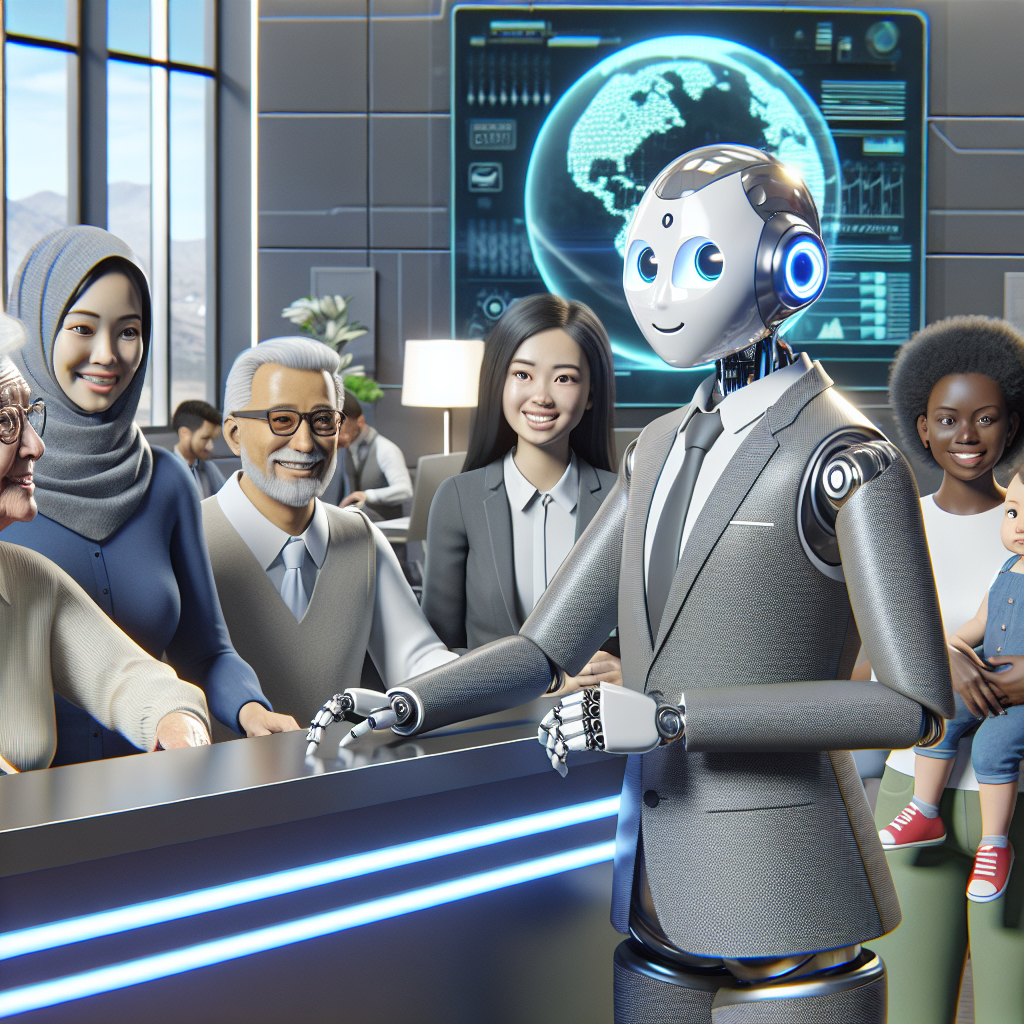Artificial Intelligence (AI) is revolutionizing the way businesses interact with their customers. From chatbots to personalized recommendations, AI has the potential to significantly enhance the customer experience. In this article, we will explore the impact of AI deployment on customer experience and how businesses can leverage this technology to better serve their customers.
AI and Customer Experience
AI has the ability to transform the customer experience in several ways. One of the most significant impacts of AI deployment is the ability to provide personalized and targeted interactions with customers. By analyzing customer data and behavior, AI algorithms can tailor recommendations and offers to each individual customer’s preferences and needs. This level of personalization can lead to increased customer satisfaction and loyalty.
AI-powered chatbots are another key tool for improving customer experience. These virtual assistants can handle customer inquiries and provide support 24/7, leading to faster response times and improved customer satisfaction. Chatbots can also help businesses streamline their customer service operations by handling routine inquiries, allowing human agents to focus on more complex issues.
AI can also be used to automate and optimize various aspects of the customer journey. For example, AI algorithms can analyze customer feedback and sentiment to identify areas for improvement in products or services. By proactively addressing customer concerns, businesses can enhance customer satisfaction and loyalty.
Furthermore, AI can help businesses predict customer behavior and preferences, allowing them to anticipate and meet customer needs before they arise. By leveraging AI-powered analytics, businesses can gain valuable insights into customer behavior and preferences, enabling them to tailor their products and services to better meet customer expectations.
Overall, the deployment of AI has the potential to significantly enhance the customer experience by providing personalized interactions, improving response times, automating routine tasks, and predicting customer behavior.
FAQs:
Q: How can businesses ensure that AI-powered interactions are personalized and not intrusive?
A: To ensure that AI-powered interactions are personalized and not intrusive, businesses should be transparent about how they use customer data and provide customers with the option to opt out of personalized recommendations. Additionally, businesses should regularly review and update their AI algorithms to ensure that they accurately reflect customer preferences and needs.
Q: What are some best practices for deploying AI-powered chatbots?
A: Some best practices for deploying AI-powered chatbots include training the chatbots on a wide range of customer inquiries, providing clear and concise responses, and integrating the chatbots seamlessly into existing customer service channels. Businesses should also regularly monitor and analyze chatbot performance to identify areas for improvement.
Q: How can businesses leverage AI to predict customer behavior?
A: Businesses can leverage AI to predict customer behavior by analyzing customer data and behavior patterns. By using machine learning algorithms, businesses can identify trends and patterns in customer behavior, allowing them to anticipate and meet customer needs before they arise. Additionally, businesses can use AI-powered analytics to gain insights into customer preferences and behavior, enabling them to tailor their products and services to better meet customer expectations.
Q: What are some potential challenges of deploying AI for customer experience?
A: Some potential challenges of deploying AI for customer experience include data privacy concerns, the need for ongoing training and maintenance of AI algorithms, and the risk of AI bias. Businesses should address these challenges by implementing robust data privacy policies, investing in ongoing training and maintenance of AI algorithms, and regularly auditing AI systems for bias.

